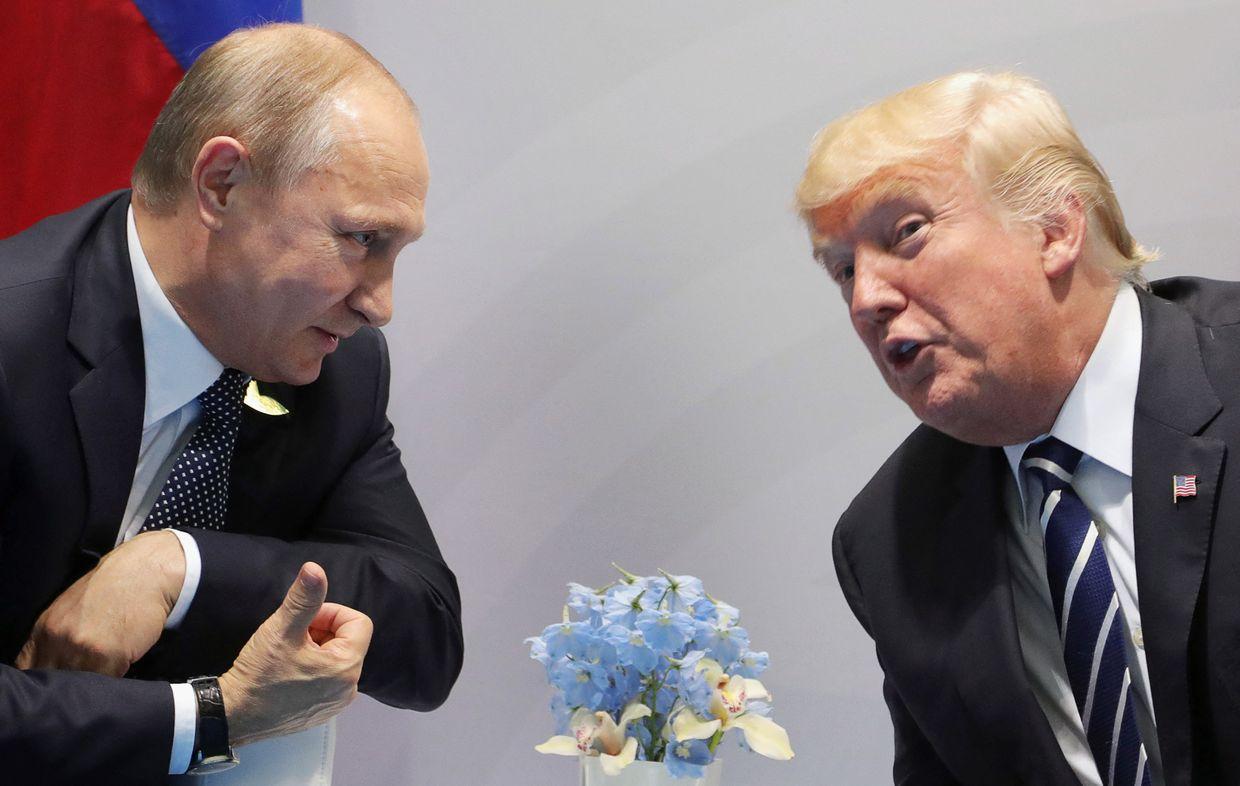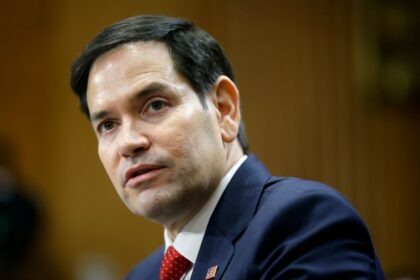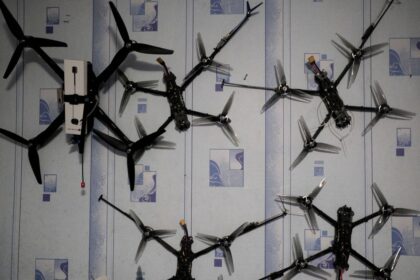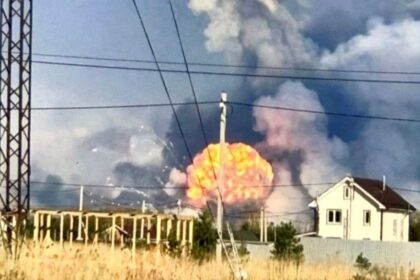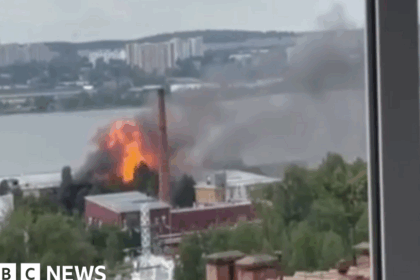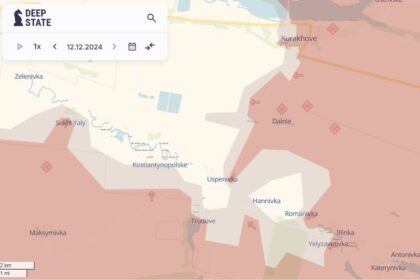The article discusses several developments related to the ongoing conflict in Ukraine and the broader geopolitical landscape. Here are some key points:
1. **UK’s Largest Ammo Maker Rebooting Chemistry**: The UK’s largest ammo maker, BAE Systems, is reportedly rebooting its chemistry department to reduce dependence on imported explosive materials from NATO countries. This move aims to break the alliance’s reliance on imports and promote self-sufficiency.
2. **Russia Expands Strategic Plant Producing ICBMs with China’s Help**: An investigation reveals that Russia has bypassed sanctions by importing Chinese machinery, which allows it to boost missile production at a strategic plant. This development underscores Russia’s efforts to prepare for an “eternal war” scenario.
3. **Ukraine and Russia Swap Prisoners of War**: The article explains how Ukraine negotiates prisoner-of-war swaps with Russia, highlighting the complexities involved in these exchanges. Such swaps are crucial for reducing casualties on both sides but also involve delicate diplomatic negotiations.
4. **Trump’s Peace Efforts Fail in Ukraine and Middle East**: A separate report discusses why Donald Trump’s peace initiatives have failed to bear fruit in both Ukraine and the Middle East. The article identifies similar reasons behind these failures, including the difficulty of negotiating with entrenched positions and the need for more comprehensive solutions.
5. **Putin Tells Trump Russia Won’t Back Down from Its War Aims**: In a news article linked at the end, Russian President Vladimir Putin is quoted as telling Donald Trump that Russia will not back down from its war aims in Ukraine. This statement reflects Russia’s resolve to continue its military efforts in Ukraine despite international pressure and diplomatic endeavors.
These articles collectively provide insights into the ongoing conflict in Ukraine and broader geopolitical developments affecting NATO, Russia, China, and the Middle East. They highlight the complexities of these situations, from technological innovations aimed at improving military self-sufficiency to diplomatic challenges in negotiating prisoner swaps and peace agreements.




